Climate Control, Smart Irrigation, Healthy Super Food
(Photos L-R from Hoogendoorn, FabricAir, NGS, Pure Life Carbon and Dramm)
Indoor Ag-Con returns March 11-12 to Caesars Forum Las Vegas offering attendees an insider look into the driving forces behind the ever-evolving vertical farming | greenhouse | controlled environment agriculture industry. Boasting an expanded Expo Hall with 200+ exhibiting companies showcasing the most cutting-edge products, services and tools on the market, Indoor Ag-Con will offer an immersive experience to farmers, growers, ag tech leaders, suppliers, advocates and enthusiasts.
As a follow-up to Indoor Ag-Con Trend Report One issued earlier this year, below are some of the latest trends shaping the indoor agriculture industry today and a selection of product highlights from Indoor Ag-Con 2024 exhibitors.
Climate Control
In recent years, climate control has emerged as a pivotal trend in indoor agriculture, revolutionizing the way crops are grown in controlled environments. With a heightened focus on sustainability and food security, growers are increasingly turning to sophisticated climate control systems to optimize growing conditions regardless of external weather patterns. These systems integrate advanced technologies such as sensors, automated ventilation, and LED lighting, to create tailored environments that mimic ideal growing conditions. By fine-tuning factors like temperature, humidity, CO2 levels, and light intensity, indoor farmers can achieve higher yields, faster growth cycles, and superior crop quality while conserving resources and minimizing environmental impact.
Groupe Eode, (Booth 1306) in partnership with ECU Plus, ATC, and GPS, offers a comprehensive precision climate solution, assisting growers in increasing yields while minimizing risks and energy costs. The ECU plus is a new product line offering a HVAC system capable of delivering the most precise temperature and humidity control in the industry, with exceptional energy efficiency. GPS is a new product line reducing and controlling mildew and pathogen by generating ions in the space. Cost effective and without any maintenance or replacement parts.
Hoogendoorn Growth Management’s (Booth 600) flagship product, IIVO, is a revolutionary climate computer equipped with Intelligent Algorithms, streamlining greenhouse management. IIVO not only simplifies climate optimization but also stands out with proactive Intelligent Algorithms that continuously fine-tune climate control based on forecasted weather conditions, ensuring peak efficiency in greenhouse operations.
Microclimates (Booth 701) is an innovative technology firm specializing in environmental automation tailored for the controlled agricultural sector. In an era where automation systems often operate independently, lacking seamless communication, Microclimates introduces a groundbreaking solution. Unlike traditional siloed approaches, the platform transcends hardware dependencies, providing a unified ecosystem. Through the platform, disparate systems—ranging from climate control and lighting to irrigation and fertigation—are seamlessly integrated onto a single user-friendly interface, facilitating harmonized data management and optimal operational efficiency. Microclimates partnered with Veea Inc. to launch LoRaWAN (Long Range Wide Area Network) as the wireless solution for sensing and controlling and its low price point allows for easy deployment in any facility.
DryGair (Booth 207) develops and manufactures a patented dehumidification solution for commercial-scale horticulture, including greenhouses, nurseries, indoor grow rooms, drying rooms, and more. DG dehumidifiers combine powerful and efficient dehumidification with a unique air circulation mechanism to ensure uniform, optimal conditions in the grow space.
DesertAire (Booth 1305) offers highly efficient, purpose built integrated HVACD equipment specifically designed for indoor agriculture. Desert Aire’s GrowAire™ GreenAire™ and DriCure™ HVACD solutions provide integrated HVAC control of temperature and humidity in order to provide stable VFD to enhance and protect crops. The new Chilled Water Integrated HVACD System for CEA will be shown at Indoor Ag-Con.
FabricAir (Booth 702) provides complete air solutions for indoor farming and vertical grow operations. Their fabric-based air delivery systems are custom engineered to prevent microclimates, facilitate uniform temperature and humidity within the grow space, and allows plants to flourish through every stage of the grow cycle. FabricAir ducts are lightweight, hygienic, washable, and they don’t condensate which eliminates corrosion issues. The Rack Flow system offers custom designed airflow solutions for multi-tiered grow spaces.
A new partnership between Wageningen University & Research and Skytree (Booth 903), focuses on the use of direct air capture (DAC) technology in the Dutch horticulture industry. The project aims to explore how DAC-generated CO2 can affect plant growth, the energy efficiency of producing CO2, and the optimal integration of DAC into existing greenhouses.
- Quality: The project investigates the impact of DAC-generated CO2 on plant growth, which is crucial for greenhouse quality improvements.
- Energy: It measures the energy required to produce 1kg of CO2, a key factor in the sustainability of greenhouse operations.
- Integration: The research focuses on optimizing DAC integration, which is essential for modernizing greenhouse infrastructure.
MJ–Tech (Booth 320) is a leader in providing high-pressure fog systems, from breeding to propagation and/or cultivation. To manage humidity, to have adiabatic cooling (lower temperatures) all in the most flexible way with your overall climate computer steering.
Smart Irrigation
Irrigation in indoor agriculture has undergone a notable transformation, driven by advancements in technology and a growing emphasis on sustainability and efficiency. Traditional irrigation methods, such as flood and drain systems or hand-watering, are being replaced by more precise and automated techniques. Hydroponic and aeroponic systems, utilizing nutrient-rich solutions or misting mechanisms, have gained popularity due to their ability to deliver water directly to plant roots while minimizing waste. Moreover, the integration of sensors, data analytics, and smart controls enables growers to monitor and adjust irrigation schedules in real-time, optimizing water usage and crop health. This shift towards precision irrigation not only conserves water, but also enhances crop yields and quality in indoor farming environments.
Dramm (Booth 613) is pleased to announce their partnership with CE-Line to provide in-line nutrient testing to irrigation water in North America. CE-Line is a unique, laboratory quality, nutrient analysis system that automatically samples water throughout the day. This in-line testing solution provides accurate data within an hour, eliminating the wait for test results from a remote laboratory. Sample results are securely stored in the cloud with APIs available to connect to your climate control and fertigation systems. This connectivity allows for automated optimization of nutrient levels in real-time.”
In the Controlled Environment Agriculture (CEA) sector, Siemens’ (Booth 1400 and 1501) advanced controls systems, innovative infrastructure, and building automation systems empower growers to optimize crop growth, conserve resources, and increase yields—all while harnessing the power of automation and data-driven insights—leaving customers more sustainable, from the field to the table.
FGM USA (Booth 321) offers automated NFT growing systems including all irrigation and water treatment systems, as well as a propagation/vertical grow system manufactured by FGM. FGM a Danish and USA Company is a leading designer and mfg. of horticulture equipment since 1979.
HANS® (Booth 1522) has reinvented every component used to treat water – from the redundant pump to reverse osmosis elements into intelligent, efficient, space-saving devices. They are designed to work together in modular, scalable systems to meet every need. So even if your customers have brackish water, or need de-ionized water, or use a million gallons per day, HANS components can be assembled to get the job done – quickly, easily and effectively.
Super Food
Indoor agriculture presents a promising avenue for exploring alternate food sources, particularly in the realm of sustainable and innovative farming practices. Vertical farms, hydroponics, and aquaponics systems are just a few examples revolutionizing how we grow food. These methods not only maximize space but also offer opportunities to cultivate unconventional crops like microgreens, edible flowers, and specialty herbs. As indoor agriculture continues to evolve, it provides a fertile ground for experimenting with diverse food sources, offering resilience against climate change and bolstering food security for future generations.
Pure Life Carbon (Booth 1222) is a private Canadian clean AgTech firm that has developed the first re-usable, carbon sequestering, soilless growing medium for the controlled environment agriculture market. The products utilize Advanced Carbon technology to solve problems for growers that were unsolvable in the past. Pure Life Carbon is among a high-performing group of global innovators and visionaries working to feed the populations of tomorrow while healing the environment. Pure Life Carbon has developed the first re-usable, carbon sequestering, soilless growing medium for the controlled environment agriculture market.
Klassman-Dielmann’s (Booth 812) focus will be on the presentation of a genuine innovation for modern horticulture: Nygaia. Nygaia is a new and groundbreaking substrate fiber based on biopolymer technology that is biodegradable and is particularly suitable for use in hydroponic systems. Under the theme “The magic of innovation,” the completely newly developed, innovative substrate solution will be brought to life with plant examples grown in Nygaia, test kits distributed to interested guests at the Klassman-Dielmann booth or with the appearance of magician Rob Anderson during the Indoor Ag-Con Expo Floor Day One Cocktail reception!
Royal Gold (Booth 505) is the Original Coco soils company, pioneering Coconut based soils and growing mediums for nearly 2 decades. They are leaders in quality and consistency in the marketplace and focus on industry leading customer support for both hobby and commercial cultivation of all crops. Featuring a variety of soils and soilless mediums and offering OMRI/CDFA organic fertilizers and amendments, Royal Gold is the gold standard in gardening. They will be displaying the new All-purpose fertilizer and new 70/30 Coco-Perlite Blend as well as sharing information on its forthcoming Planting Mix and Potting and Propagation Mix.
BIO520 (Booth 1212) is an all-natural essential liquid mineral nutrient for optimal plant cultivation. Derived from a combination of ancient volcanic magma and sea sediments, and free of any harmful chemicals, BIO520 contains an abundance of vital minerals to help plants thrive. BIO520 is beneficial for all plants and crops, indoor or outdoor. Developed from Mother Nature for Mother Nature.
NGS (Booth 1023) manufactures hydroponics for Strawberries, Lettuces and Leafy Greens. NGS is an engineering firm which has been developing automated systems to optimize growing production both by reducing labor and by incrementing production. NGS builds greenhouses that grow lettuce in the desert as well as indoor systems for strawberries. NGS is presenting its patented rotational system for strawberries which doubles normal tabletop production. This new system is revolutionizing the way strawberries are being grown while reducing labor and production costs.
Supreme Perlite (Booth 1216) horticultural perlite products are the ideal indoor, CEA, or hydroponic growing media made here in the U.S.A from domestic raw material sources. The products are sterile, 100% natural, non-toxic, lightweight, pH neutral, durable and insulating. Used as a standalone product, expanded perlite offers clear advantages such as excellent capillarity, water-holding capacity, and air-filled porosity. Combined with other media, perlite boosts drainage rates and aeration, holds moisture and nutrients close to roots, and resists compaction as other substrates begin to break down.
EPM (Booth 521) stands at the forefront of eco-friendly plant protection, manufacturing natural solutions in the USA. They excited to debut a 3in1 plant wash, ECO Green, an innovative solution that cleans plant leaves, roots, and acts as an effective pest management alternative. Its unique blend of catalytic enzymes and citric acid not only removes dirt and biofilm but also guards against pests.
For more information on the 2024 exhibitors, please visit www.indoor.ag.
ABOUT:
Founded in 2013, Indoor Ag-Con has emerged as the largest trade show and conference for vertical farming | greenhouse |controlled environment agriculture. Its events are crop-agnostic and touch all sectors of the business, covering produce, legal cannabis | hemp, alternate protein and non-food crops. More information, visit www.indoor.ag
##
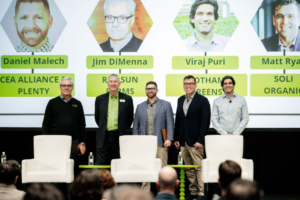 Keynote Sessions
Keynote Sessions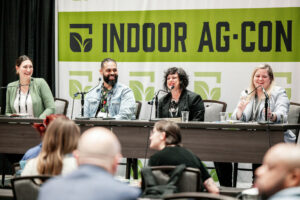 Educational Tracks & Expo Floor Theater Panel Discussions
Educational Tracks & Expo Floor Theater Panel Discussions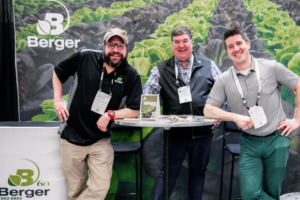 Sold Out Expo Floor
Sold Out Expo Floor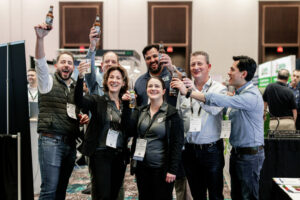 Networking Opportunities
Networking Opportunities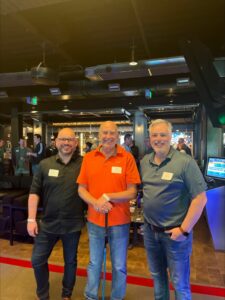 Indoor Ag-Con |Philips VIP Welcome Party
Indoor Ag-Con |Philips VIP Welcome Party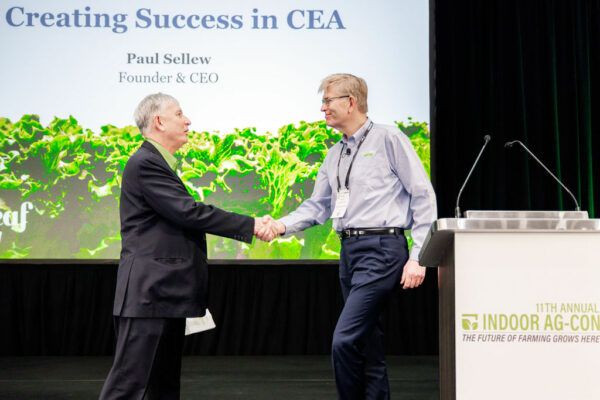
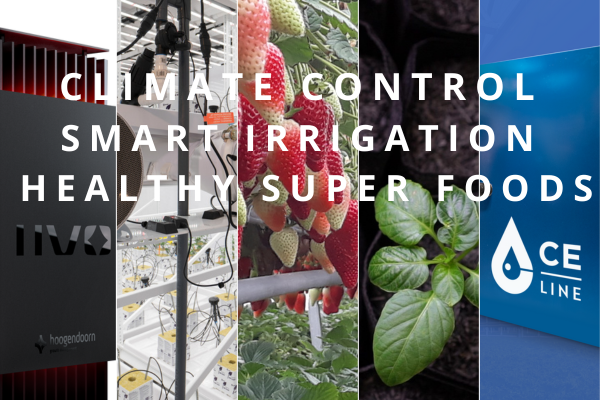
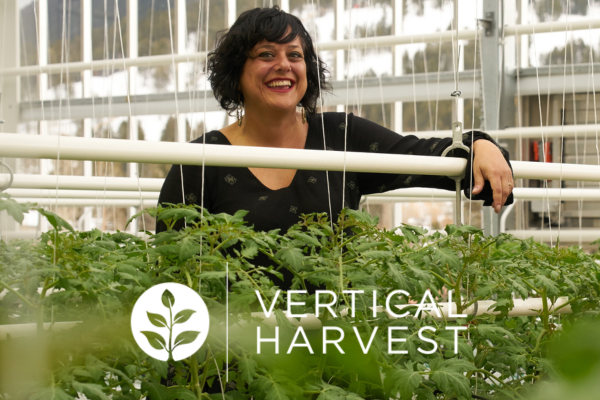
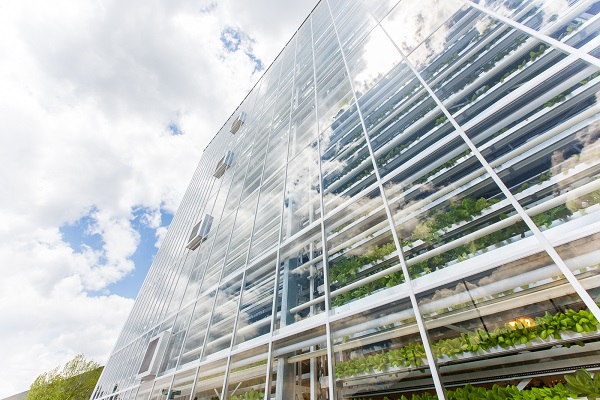 Our first farm in Wyoming started with a simple mandate: responsibly grow as much food as possible within our community (which has a four-month growing season and imports 90% of the food we eat) and to create job opportunities for people who live in our community, especially ones who suffer overwhelming unemployment rates, like people with disabilities. Our goal was to pursue both missions simultaneously, year-round via indoor growing, and work within the parameters of a city very scarce on available land and with a seasonable economy/labor pool.
Our first farm in Wyoming started with a simple mandate: responsibly grow as much food as possible within our community (which has a four-month growing season and imports 90% of the food we eat) and to create job opportunities for people who live in our community, especially ones who suffer overwhelming unemployment rates, like people with disabilities. Our goal was to pursue both missions simultaneously, year-round via indoor growing, and work within the parameters of a city very scarce on available land and with a seasonable economy/labor pool.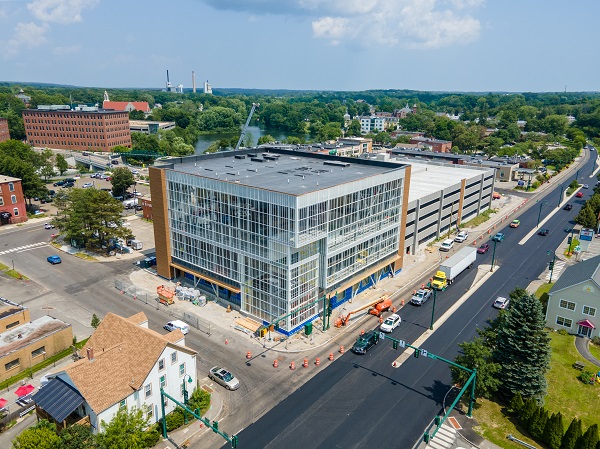
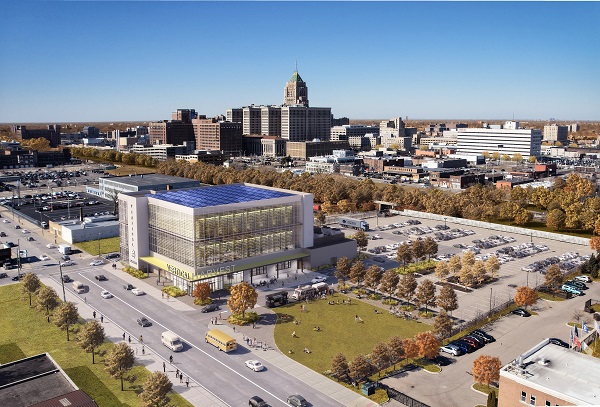
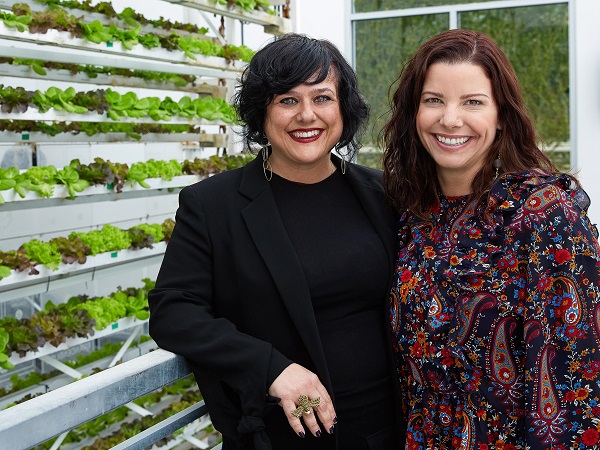
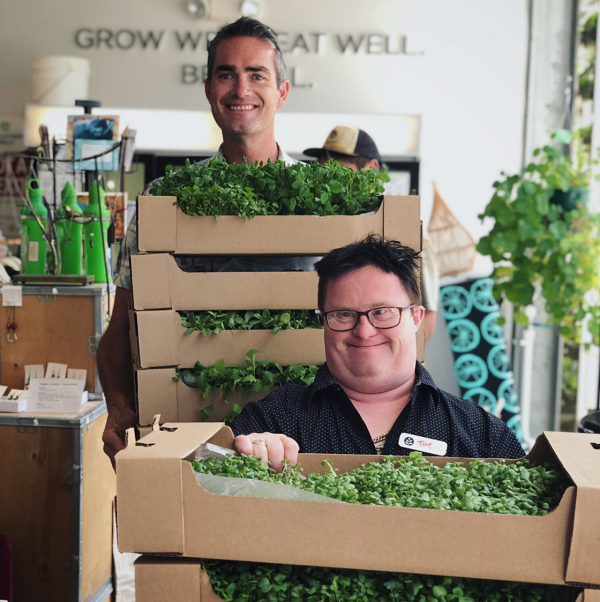 In our 7 years of operation we’ve helped employees open bank accounts, sign their first lease, reverse evictions, get their driver’s license, earn back their guardianships and acted as health advocates as employees work to coordinate care across multiple doctors and health systems. These are real outcomes of our Grow Well customized employment program that we’re intensely proud of….
In our 7 years of operation we’ve helped employees open bank accounts, sign their first lease, reverse evictions, get their driver’s license, earn back their guardianships and acted as health advocates as employees work to coordinate care across multiple doctors and health systems. These are real outcomes of our Grow Well customized employment program that we’re intensely proud of….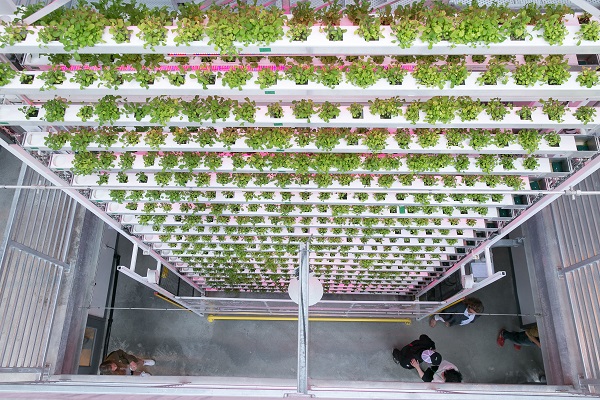 We have a roadmap for expansion – in addition to Maine opening and Detroit breaking ground next year, we hope to be announcing another 1 – 2 farms as well. Every farm will share some core features (like the Grow Well model and a commitment to prioritizing local), but also with a level of customization so each farm can adapt to the specific needs of the community they’re rooted in.
We have a roadmap for expansion – in addition to Maine opening and Detroit breaking ground next year, we hope to be announcing another 1 – 2 farms as well. Every farm will share some core features (like the Grow Well model and a commitment to prioritizing local), but also with a level of customization so each farm can adapt to the specific needs of the community they’re rooted in.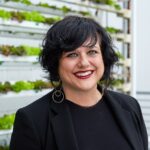
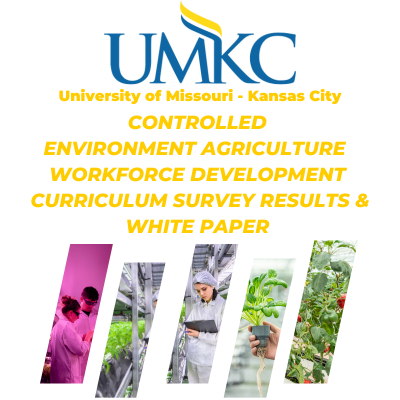

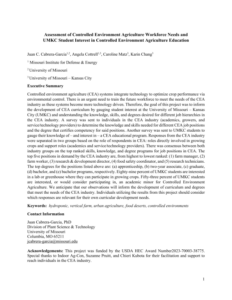
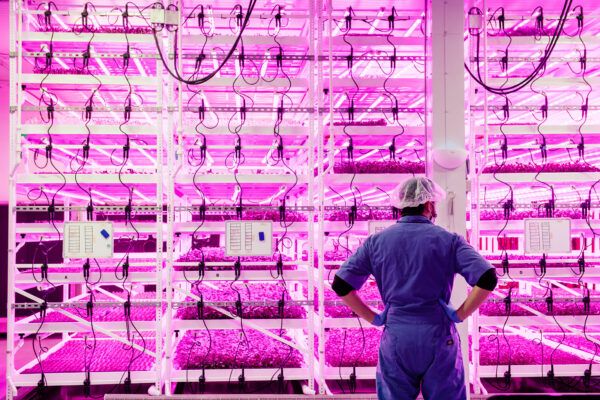
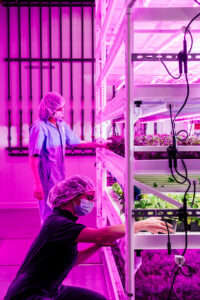
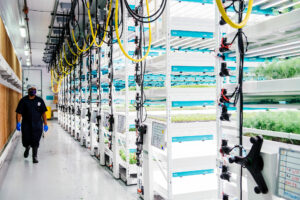
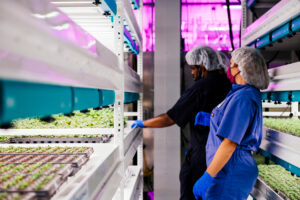
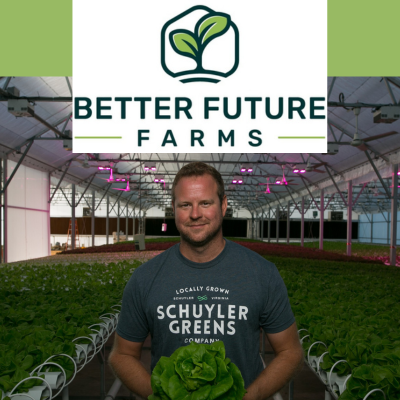
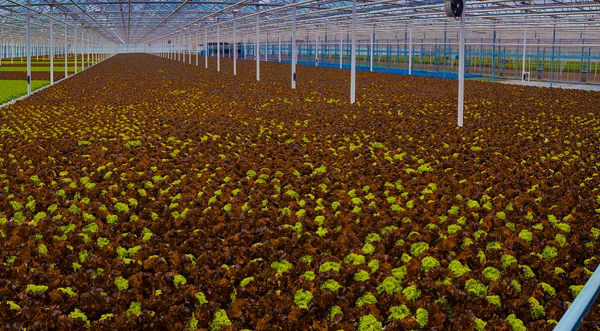 The decision was driven by both the site and infrastructure. My business partner David Drescher and I both live in the Charlottesville area, and Louisa County is the next county over. In central Virginia it’s hard to find the flat terrain needed for a greenhouse facility. This site had that and the right infrastructure in place in terms of electrical capabilities, natural gas, and proximity to large freeways and distribution logistics.
The decision was driven by both the site and infrastructure. My business partner David Drescher and I both live in the Charlottesville area, and Louisa County is the next county over. In central Virginia it’s hard to find the flat terrain needed for a greenhouse facility. This site had that and the right infrastructure in place in terms of electrical capabilities, natural gas, and proximity to large freeways and distribution logistics.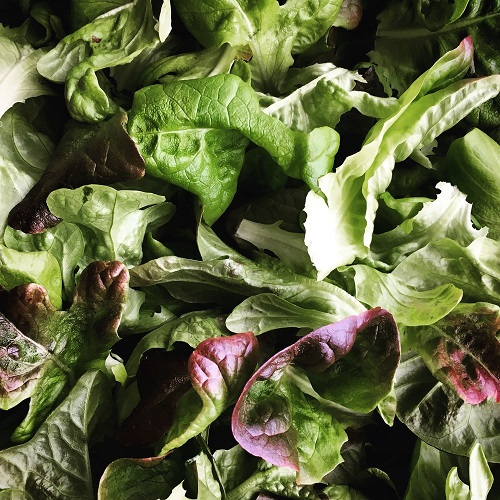 Taylor Farms is one of the largest salad and fresh cut vegetable processors in the world and all our lettuce will be marketed under Taylor Farms’ Earthbound Farms brand. David and I have both been at this for a long time and we know what it takes to build a brand. So, we wanted to team up with an existing brand rather than build a new one from scratch. We talked to several companies and when we met with Taylor Farms, our objectives, philosophies, and values all aligned.
Taylor Farms is one of the largest salad and fresh cut vegetable processors in the world and all our lettuce will be marketed under Taylor Farms’ Earthbound Farms brand. David and I have both been at this for a long time and we know what it takes to build a brand. So, we wanted to team up with an existing brand rather than build a new one from scratch. We talked to several companies and when we met with Taylor Farms, our objectives, philosophies, and values all aligned.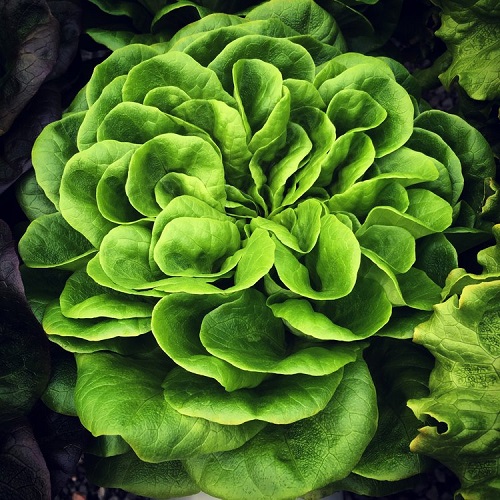 Generate Capital is a leading ESG public benefit corporation focused heavily on building and financing solutions for clean energy, water, waste, agriculture and more. They’d been looking at the CEA sector for some time. While we are their first investment here, I expect they will be very active in this space, and not just with us.
Generate Capital is a leading ESG public benefit corporation focused heavily on building and financing solutions for clean energy, water, waste, agriculture and more. They’d been looking at the CEA sector for some time. While we are their first investment here, I expect they will be very active in this space, and not just with us.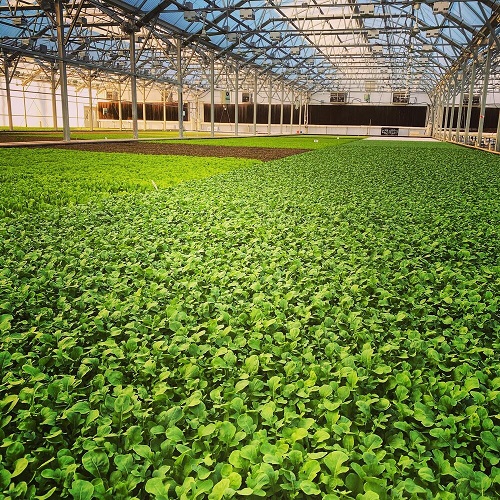 I wouldn’t be doing this new project without the knowledge and experience I gained from launching and building Schuyler Greens. I’ve owned Schuyler Greens for more than 9 years now and it encompasses 225 acres outside of Charlottesville with a greenhouse in the middle. I will be keeping Schuyler Greens separate from Better Future Farms.
I wouldn’t be doing this new project without the knowledge and experience I gained from launching and building Schuyler Greens. I’ve owned Schuyler Greens for more than 9 years now and it encompasses 225 acres outside of Charlottesville with a greenhouse in the middle. I will be keeping Schuyler Greens separate from Better Future Farms.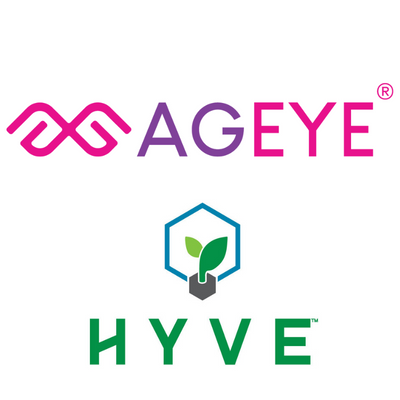
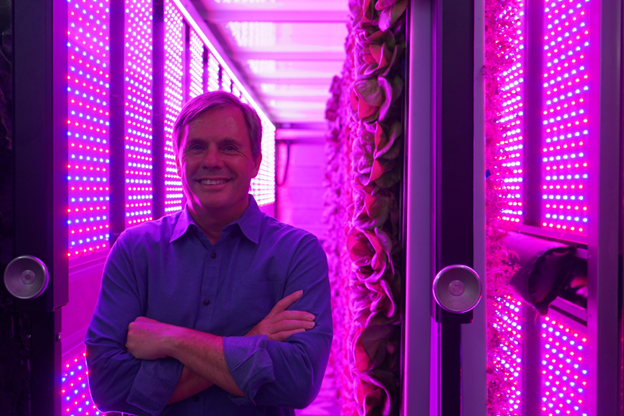
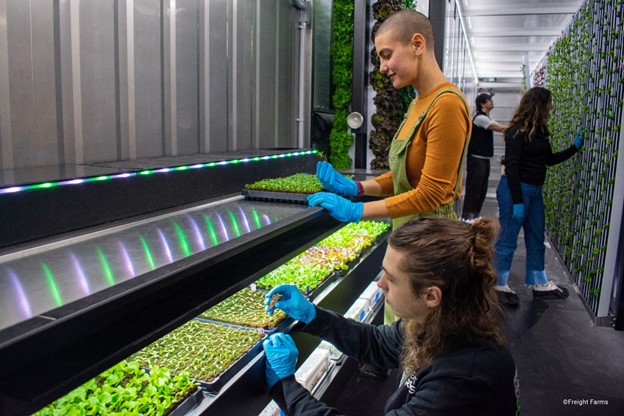
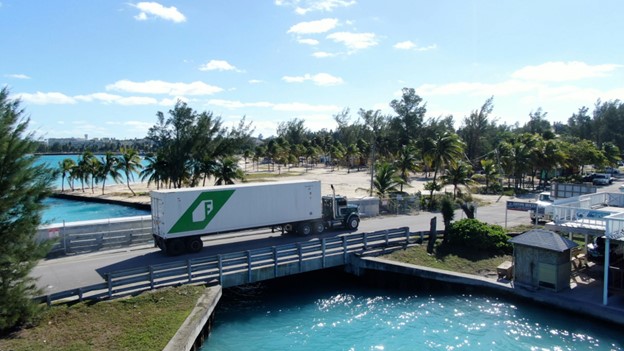
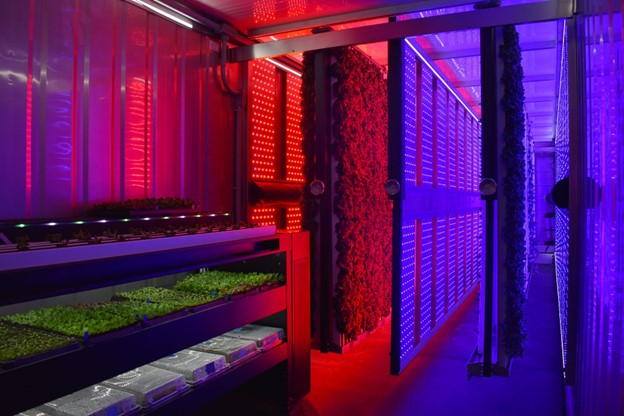
 Founded in 2012, Freight Farms debuted the first vertical hydroponic farm built inside an intermodal shipping container with the mission of democratizing and decentralizing the local production of fresh, healthy food. Since its inception, Freight Farms has refined its product offering to arrive at the Greenery™ S container farm. With global customers ranging from small business farmers to the corporate, hospitality, retail, education, and nonprofit sectors, Freight Farmers make up the largest network of connected farms in the world. AgTech Breakthrough named Freight Farms the 2022 “IoT Monitoring Solution of the Year” for its farmhand® IoT automation software.
Founded in 2012, Freight Farms debuted the first vertical hydroponic farm built inside an intermodal shipping container with the mission of democratizing and decentralizing the local production of fresh, healthy food. Since its inception, Freight Farms has refined its product offering to arrive at the Greenery™ S container farm. With global customers ranging from small business farmers to the corporate, hospitality, retail, education, and nonprofit sectors, Freight Farmers make up the largest network of connected farms in the world. AgTech Breakthrough named Freight Farms the 2022 “IoT Monitoring Solution of the Year” for its farmhand® IoT automation software.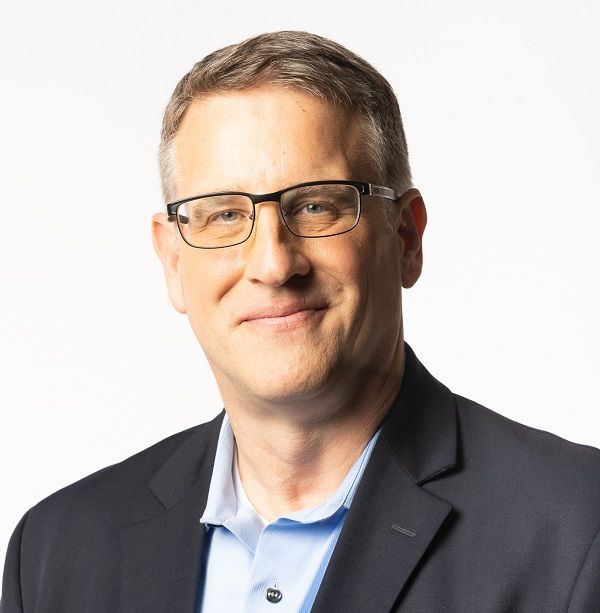
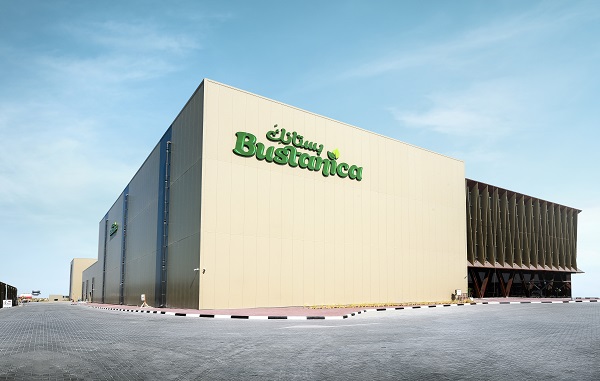 Earlier this year, Crop One and its partner Emirates Flight Catering celebrated the opening of ECO 1 (Emirates Crop One), the world’s largest vertical farm in Dubai. Can you share a little about your mission and goals for this incredible new facility?
Earlier this year, Crop One and its partner Emirates Flight Catering celebrated the opening of ECO 1 (Emirates Crop One), the world’s largest vertical farm in Dubai. Can you share a little about your mission and goals for this incredible new facility?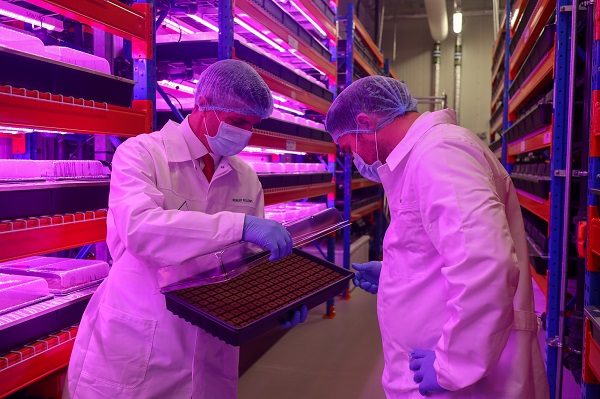 During Indoor Ag-Con, you’ll be participating in our “Food Security Through CEA” panel. What is one of the key messages you hope to share during this session?
During Indoor Ag-Con, you’ll be participating in our “Food Security Through CEA” panel. What is one of the key messages you hope to share during this session?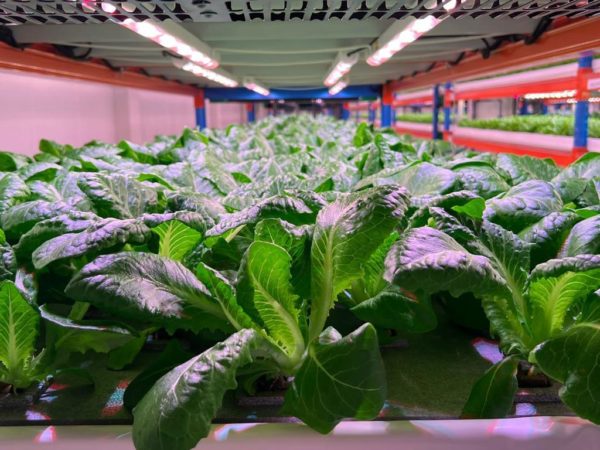 Crop One sells its fresh, local produce to 30+ US retail stores under the FreshBox Farms brand. Your marketing for the brand highlights Crop One’s “ Plants First” ™ approach. What is that and why is an important part of your messaging?
Crop One sells its fresh, local produce to 30+ US retail stores under the FreshBox Farms brand. Your marketing for the brand highlights Crop One’s “ Plants First” ™ approach. What is that and why is an important part of your messaging?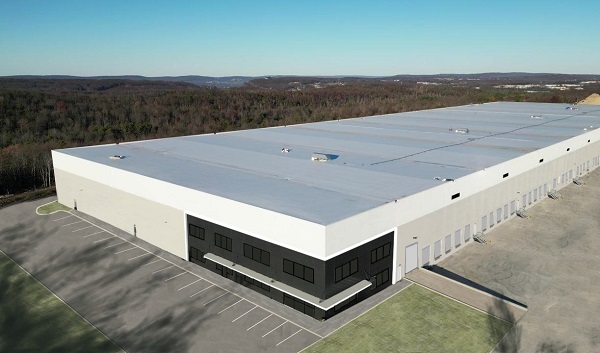
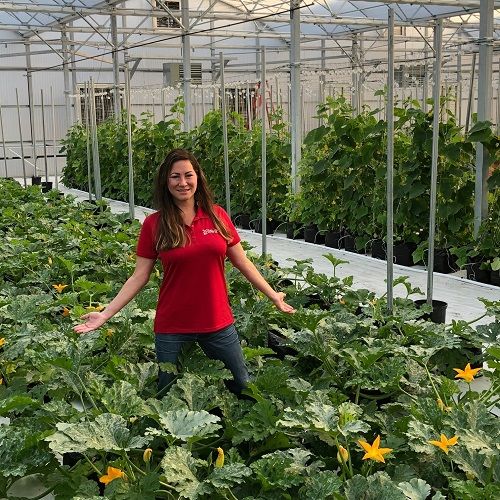
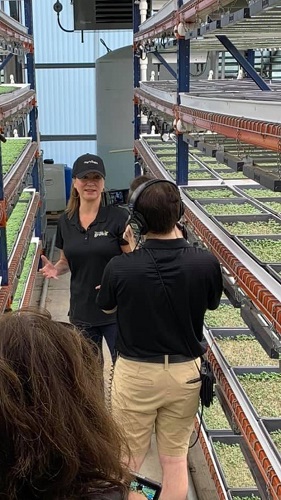 After successfully guiding
After successfully guiding 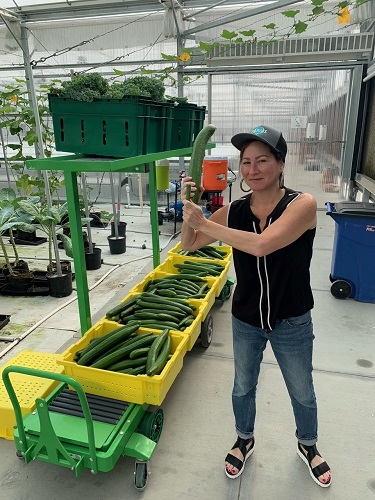 We were given the honor and trust to carry out our vision and model for The Villages Grown. This included the strategic direction, design, construction, and operation of a first-of-kind CEA in the South. We backed this with educational programming from both B2C and B2B. We built a community-based brand yet grew enough product for expansion throughout Florida. We worked with beautiful people in a beautiful community.
We were given the honor and trust to carry out our vision and model for The Villages Grown. This included the strategic direction, design, construction, and operation of a first-of-kind CEA in the South. We backed this with educational programming from both B2C and B2B. We built a community-based brand yet grew enough product for expansion throughout Florida. We worked with beautiful people in a beautiful community. Seed2Source launched in 2016 but was really an evolution of my first ‘Agriculture Meets Wellness’ firm which was launched in 2005. Seed2Source is a first-of-kind, Sustainable Agriculture & Wellness, consulting firm headquartered in Florida but serving the US (and beyond). The firm focuses on strategic CEA projects rooted in sustainable agricultural, food-as-medicine, and local food system models.
Seed2Source launched in 2016 but was really an evolution of my first ‘Agriculture Meets Wellness’ firm which was launched in 2005. Seed2Source is a first-of-kind, Sustainable Agriculture & Wellness, consulting firm headquartered in Florida but serving the US (and beyond). The firm focuses on strategic CEA projects rooted in sustainable agricultural, food-as-medicine, and local food system models.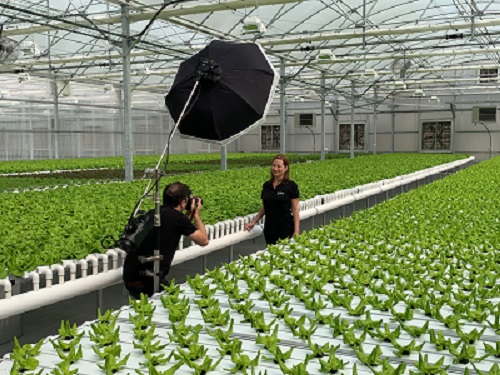 The CEA industry is still at its infancy and shall evolve with continuous iterations and innovations. Typically, when most people think of CEA, they only think of High-Tech, AI, Automation, etc. and forget about the State of Agriculture in general. I hope people start to realize that CEA is ‘part’ of a solution and not the ‘only’ solution. Also, I hope that people don’t forget about the actual agriculturists and horticulturists that are the true heroes in creating a sustainable, profitable, CEA operation. This seems to be lost with many of the current players in CEA.
The CEA industry is still at its infancy and shall evolve with continuous iterations and innovations. Typically, when most people think of CEA, they only think of High-Tech, AI, Automation, etc. and forget about the State of Agriculture in general. I hope people start to realize that CEA is ‘part’ of a solution and not the ‘only’ solution. Also, I hope that people don’t forget about the actual agriculturists and horticulturists that are the true heroes in creating a sustainable, profitable, CEA operation. This seems to be lost with many of the current players in CEA.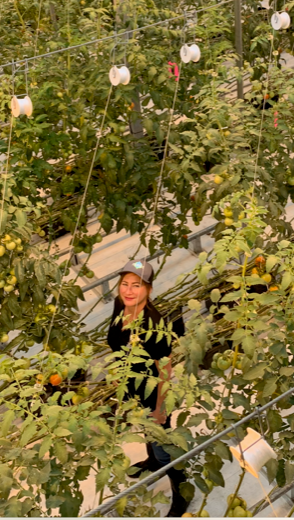 What’s next for you and the team at Seed2Source?
What’s next for you and the team at Seed2Source?